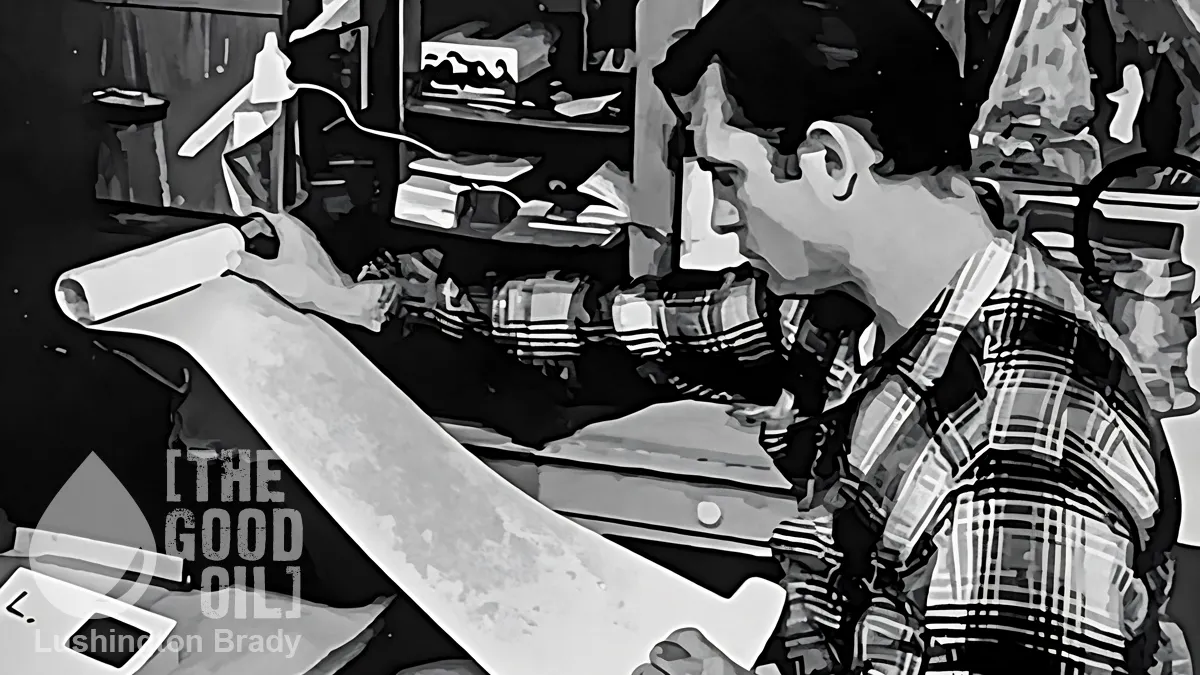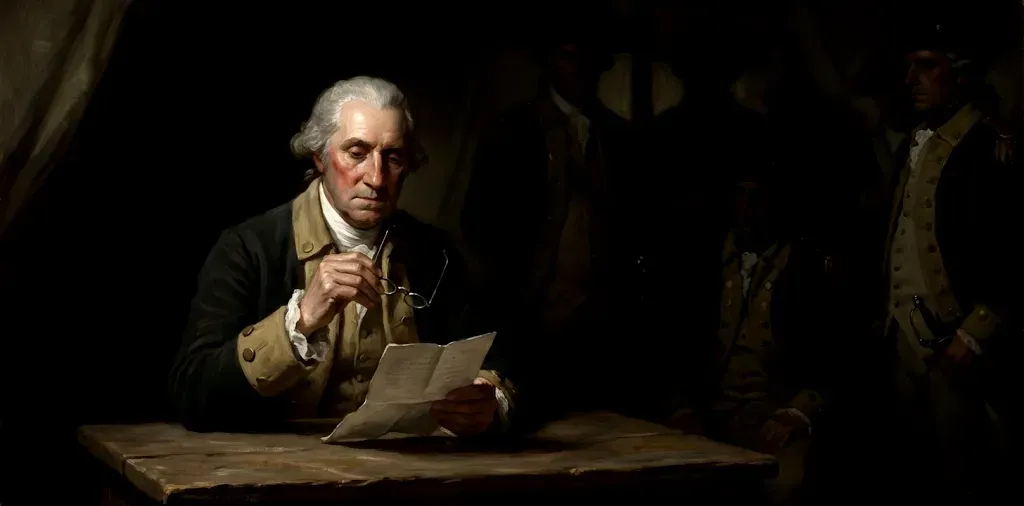Table of Contents
Fr Gavan Jennings
mercatornet.com
Rev. Gavan Jennings studied philosophy at University College Dublin, Ireland and the Pontifical University of the Holy Cross, Rome. He is co-editor of the monthly journal Position Papers. He teaches occasional courses on Thomistic philosophy and theology.
The Dumbest Generation Grows Up: From Stupefied Youth to Dangerous Adults
By Mark Bauerlein | Regnery Gateway, USA | 2022, 256 pages
In 2008, a year after the first iPhone was sold, Mark Bauerlein published The Dumbest Generation, in which he warned about the rise of the new digital culture and the decline in general cultural literacy among teenagers. It seemed obvious to him, as he writes in this latest work, “that a twenty-first-century teenager who didn’t read books or magazines or newspapers, who had no religion and ignored history, civics, and great art, would grow into an unsatisfied and confused adult.”
But this was not what people, in particular academics working in the arts, wanted to hear. By 2008 so much of the the world of the arts across the West had become so dominated by critical theory that whether a young person was exposed or not to the classic works of Western civilisation was a matter of indifference to them (this process was already strongly at work in the Arts Faculty in UCD in the late 1980s as I myself witnessed).
Rudderless
Now sixteen years later, Bauerlein examines how the generation that lost its cultural moorings is doing, and the news is not good. This generation, and the ones coming up after it, are stressed out, and completely unprepared for adulthood. They are, as the title of chapter one of his book puts it, unhappy… but also dangerous.
Their unhappiness has been well documented in other works such as Jean Twenge’s memorably titled iGen: Why Today’s Super-Connected Kids Are Growing Up Less Rebellious, More Tolerant, Less Happy — and Completely Unprepared for Adulthood (and What This Means for the Rest of Us).
Their danger lies in the absence of, in the words of the 19th century poet-critic Matthew Arnold, the “steadying and composing effect upon their judgement” which classical culture provides. Such learning has not been able to compete with the web in general and social media in particular for the minds of the young.
For Bauerlein, the responsibility lies largely with “the guardians of the liberal arts”, who two decades ago were blissfully — and culpably — ignorant of what the web and social media with its “crack cocaine”-like addictiveness would do to the reading habits of the young.
What has taken place is what Hannah Arendt called “a grand abdication”, that is the strange refusal of a whole generation to pass on its culture to the upcoming generation. Over the past half century or so, in American colleges in particular, there has been a huge “dumbing-down”:
“Mid-twentieth-century academia idealised a college graduate as one who recalls Socrates and Galileo and Beethoven’s Ninth. The twenty-first-century college identifies her as one with habits of critique.”
This is in large part due to a relativist devaluing of the “classics” of Western civilisation, and more recently has been compounded by the adverse effect of the web on reading habits:
“From undergraduates to professors, people exhibit a strong tendency towards shallow, horizontal, ‘flicking’ behaviour in digital libraries. Power browsing and viewing appear to be the norm for all… Society is dumbing down.”
Totalitarian tendencies
Interestingly for Bauerlein, utopianism is what fuels the burning causes of the day, whether they be Black Lives Matter, Social Justice, Racial Justice, Democratic Socialism, LGBT Rights, or Antifa. All of these movements are predicated on the emotivist assertion that “everybody deserves to be happy” (as one college student put it to Bauerlein in a university debate). The corollary of that assertion is that if anyone or anything stands in the way of your happiness, it is an intolerable injustice and it has to go.
While this simplistic and utopian aspiration presents itself as tolerance, it is marked by a radical built-in intolerance. The emotivist defence of utopian happiness must turn sour for once the witch-hunt against discrimination of any kind has begun, nothing can bring it to a close: “A social conscience heightened to this level can never rest.”
Furthermore, because utopia is by definition unreachable, this kind of idealism “will slide into frustration” and increasingly become “a merciless search for the enemies who must be obstructing it”. Because utopian dreams are never fulfilled, they end in disappointment, and and so the enemies of utopia must relentlessly be sought out and “cancelled”.
Bauerlein is not afraid to point out that this is not just harmless misguided idealism; it is rather something menacing: “For all their language of justice and care, their projection of self-defence and victimhood, equality and inclusion, we have here an assumption of prerogative. At bottom, the youths’ lingo of sensitivity masks a naked menace.” The advocates of tolerance are, studies reveal, the least tolerant of those who do not share their opinions.
Malnourished intellects
And their failure to read plays a huge role in their intolerant utopianism. Bauerlein points to the many studies which show how the reading of print material (of virtually any kind) correlates closely with academic success. It turns out that kids who even read only once or twice a week attained significantly higher academic scores than non-readers. But such reading has dropped vertiginously in the past two decades:
“… the formation of Millennials in school and out of school, an anti-formation, really, marked by a sweeping shift from print to screens, books to sites, and history, literature, religion, art, science, and politics to games and videos and youth culture.”
But what the youth have been deprived of is something much more than mere academic scores; they have been deprived of the order, structure and history so necessary to their well-being. A “student-centred pedagogy” refused to impose a worldview on these young people, opting rather to leave them adrift to form their own “grand narrative”. This does something genuinely existentially damaging to them:
“What a horrible thing it was to exclude Big Pictures and Grand Narratives, Great Books and Masterpieces, from the rearing of the young. What a hoax to frame this deprivation as progress, as liberation.”
Bauerlein recounts a revealing conversation he had with an old friend, now professor of rhetoric, in which Bauerlein asked his opinion as to the cause of the riots, protests and generalised outrage on US campuses in recent years. The answer was not what he expected: “‘Well,’ he drawled, ‘they haven’t read enough literature.’” And yet it turns out that there is great wisdom in this answer. Simply put, the young have been starved of a coaching in basic human psychology by their failure to read literature.
Neuroscientific research even backs this up, showing how the brain enters vicariously into the feelings of fictional characters through reading. As a result,
“The young adult who doesn’t read is more impatient, likes the snap judgment, and arrives early at a full verdict with full confidence. And that lack of subtlety saves the Millennial from mental and psychological effort that would inevitably complicate his life.”
Unfortunately for the Millennials, they came into a world whose literary culture was being badly eroded, and as a result have been deprived in the “training for this cognitive empathy” which had been standard for previous generations.
Bauerlein wraps up this work with a reminder of what literature meant to earlier generations; how novels by Norman Mailer, Scott Fitzgerald or Jack Kerouac really mattered to them. He marvels at the fact that 10,000 students turned out to hear the then eighty-eight year old Robert Frost speak in the University of Detroit in 1962. “Hearing Frost read, the students took one more step out of adolescence and into the culture of their forebears.”
Introductory courses on Western civilisation were standard fare on college campuses until they came under increasing attack in the 1980s “as racist, sexist, and imperialist”. These courses were eventually dumped, and the professors of literature lost heart, “… and the youths lost what every youth needs and deserves: a patrimony, any patrimony.”
Indeed the patrimony of Western civilisation even became an object of shame: “tales of slaves whipped, women assaulted, and peoples decimated.” And so college students were left “with no anchors… aged things that stabilise and ennoble them”.
Radical reversal
Malcolm X provides a surprising counter-narrative to that of today’s unrooted millennials. His is the story of a young man who reads his way from crime and delinquency to cultural moorings as well as a leadership role amongst his fellow blacks. Challenged in prison by a longtime black convict to use his brains and start reading:
“So began the next step in self-training. He secured a dictionary and started to copy out every word in it, every definition from aardvark forward. He was soon spending most of the day reading history, philosophy, and religion until lights out at 10:00 p.m., and then he continued by the corridor light deep into the night… ‘I knew right there in prison that reading had changed forever the course of my life,’ he concluded.”
The Dumbest Generation Grows Up is a fascinating analysis of what is going on with American’s younger generation — and by extension with youths across the Western world. Bauerlein’s insights are profound and he backs them up by reference to many other major works in this area, as well as the results of empirical research.
This book is a must-read for parents, guides and teachers involved in the education and formation of young people (in the humanities in particular), if for no other reason than to remind them of the critical importance of their work in passing on to young people nothing less than meaning:
“A soul so uprooted and demoralised doesn’t need diversity or virtual friends. It needs faith. It doesn’t need ‘critical thinking’ or an iPhone. It needs something to believe in. It doesn’t need “equity, tolerance, inclusion.” It needs a history, literature, philosophy, religion, a tradition complete and concrete, a meaningful framework.”









